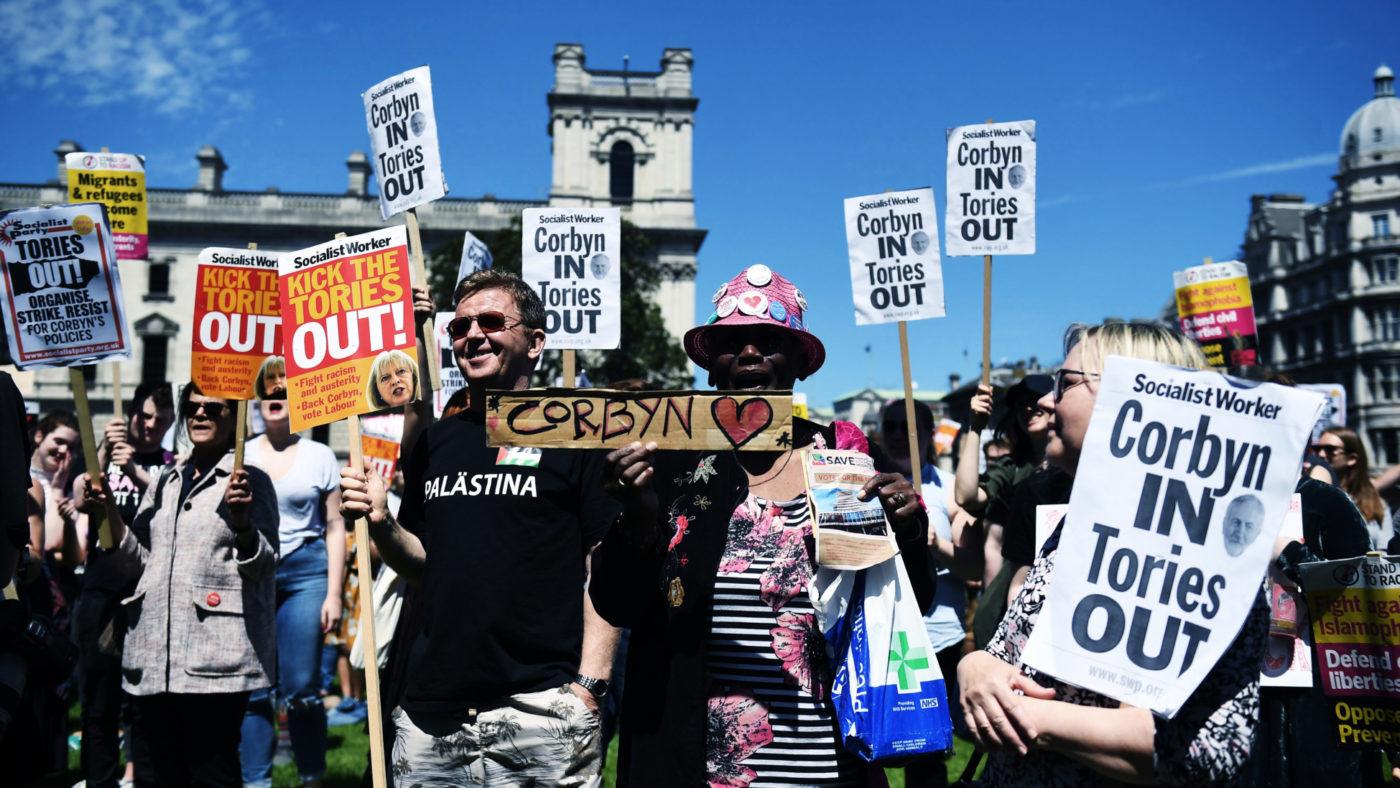Every generation needs to remake the case for capitalism. Not because capitalism is a perfect system, but because it is flawed. These flaws can, as in 1929 and 2008, seem so substantial that it can be all too tempting to throw the baby out with the bathwater, particularly when socialism is biting at our heels.
So what can Conservatives do to better sell a pro-market free enterprise agenda? And, in particular, how can they appeal to the two groups that appear to have deserted the Conservative and Republican Parties alike: educated cosmopolitan liberals, and younger voters?
First, we need to be honest about capitalism. We need to recognise that the very same forces that create long run prosperity – entrepreneurism, investment and technological change – also create disruptive waves, in the form of creative destruction, structural change, and boom and bust.
Of course, in recent years, such short-term costs have seemed very real while the long-run gains have seemed practically non existent. Never before have Keynes’ words – in the long run we are all dead – seemed so apt.
Only if Conservatives recognise that economic progress is accompanied by the bad as well as the good – and therefore make sure they provide people with the security they need to deal with these disruptions – can we maintain popular support for a system that relies on continuous change to create long-term gain.
That might seem an obvious point. Sadly, it is not. Since the Great Depression, Conservatives have been blaming unemployment and poverty on something other than capitalism: on workers themselves. That will not do. And it does not win over voters.
Secondly, we need to look to history. History demonstrates that neither free markets nor socialism can deliver economic growth. As I’ve shown in my own research, markets have been around for much longer than sustained economic growth. They are necessary but far from sufficient.
Recently, economic historians Deidre McCloskey and Joel Mokyr noted the importance of cultural factors in their explanations of how the West grew rich. That would best be summed up as the liberal mindset: the belief that everyone is born equal, that we should be tolerant of our differences, that merit trumps class, and that authority should be questioned.
This theory of Western success that makes it clear why socialism can never work. However well-intentioned, from Russia to Cuba and from China to Venezuela, socialism ultimately ends in force and violence: an effort to subjugate individual interests to the “common good”.
Not only is that morally abhorrent, it couldn’t be worse for the economy. Human ingenuity is the key to progress. It is only by giving individuals freedom – freedom to try new things and to stand up to incumbents, each of which socialist states see as a threat – that economies can move forward.
Thirdly, and this follows from the last point, is the need for Conservatives to better engage with what it means to be human. All too often, defenders of the market point to the efficiency and productivity benefits of markets, as if human beings were little more than the pressure-response automata contained within economists’ mathematical models.
As I argued here recently, Milton Friedman’s success in winning hearts and minds to the transformative Conservative agenda of Thatcher and Reagan wasn’t about dry economics; it involved a passionate plea for markets on the basis of individual freedom, something which could appeal to younger generations and to cosmopolitan liberals today.
Once you embark on the freedom agenda, it seems paradoxical that socialism has had its successful moments. Not only is there the history of socialist violations of personal freedom, but, in the words of the Economist Lars Christensen, “everywhere in the world the young embrace technology, progress, globalisation, free trade, immigration – all the things that made the West free and wealthy”.
That’s also true of university-educated liberals, who despise Trump and Brexit. If the Tories embrace a socially liberal “freedom” agenda, there is, therefore, no reason why the party cannot win back the support of voters. But they must acknowledge the negatives – as well as positives – that capitalist growth brings.
Only by speaking more loudly and frankly about capitalism will we be able to defeat socialism. Anything else, and Conservatives will begin to look just as deluded as socialists themselves.


